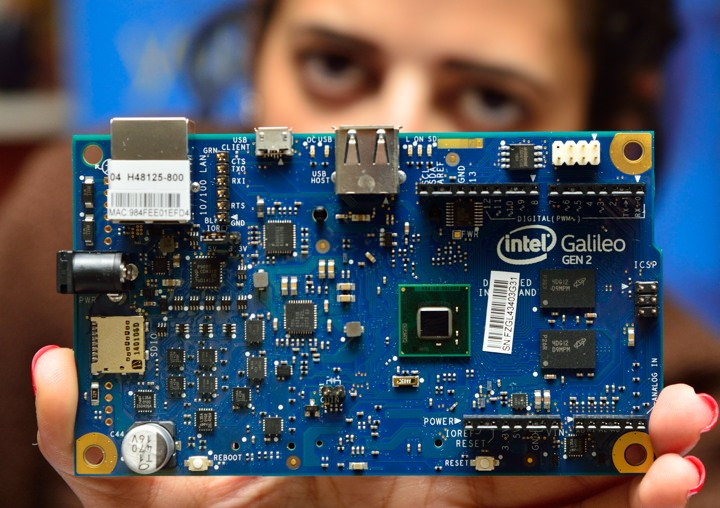
In fact, Intel has had a number of products on the market aimed at the do-it-yourself IoT user, including its Galileo, Edison, and Joule lineups. It looks like the company is pulling out of the market, however, or at last dropping these particular products, Hackaday reports.
The news comes from a number of PDFs that lay out the timelines for each of the solutions. According to the documents, Galileo, Edison, and Joule will remain available for now but will no longer be shipping once 2017 comes to a close.
Intel’s Arduino-certified Galileo development board was already likely on its way out, given that Microsoft dropped support for the platform in its Windows 10 IoT Core product in 2015. Microsoft’s reasoning for the decision was that Galileo did not meet the minimum requirements of Windows 10 IoT Core due to the use of Intel’s Quark X1000 processor that just was not quite powerful enough for Microsoft’s tastes.
The second version of Intel’s Edison board is of a more robust design, utilizing its Atom Z34XX processor that is more in line with Windows 10 IoT Core’s requirements. It can utilize up to 1GB of DDR3 RAM, 4GB of eMMC flash storage, and incorporates both Bluetooth 4.1 and Wi-Fi radios. It, too, is Arduino-compatible.
Finally, Joule is the most robust of Intel’s single-board computers. It sports a quad-core 64-bit Intel Atom processor, up to 4GB of LPDDR4 RAM and 16GB of eMMC storage, and is capable of 4K video display.
There is no specific reason given as to why Intel is dropping support for these products, nor any indication that the company might not jump back in with new products. For now, though, competitors like Raspberry Pi should gain a bit of a boost as such a larger player leaves the market, and anyone looking to build a project with a single-board computer should steer clear of Intel’s offerings.


